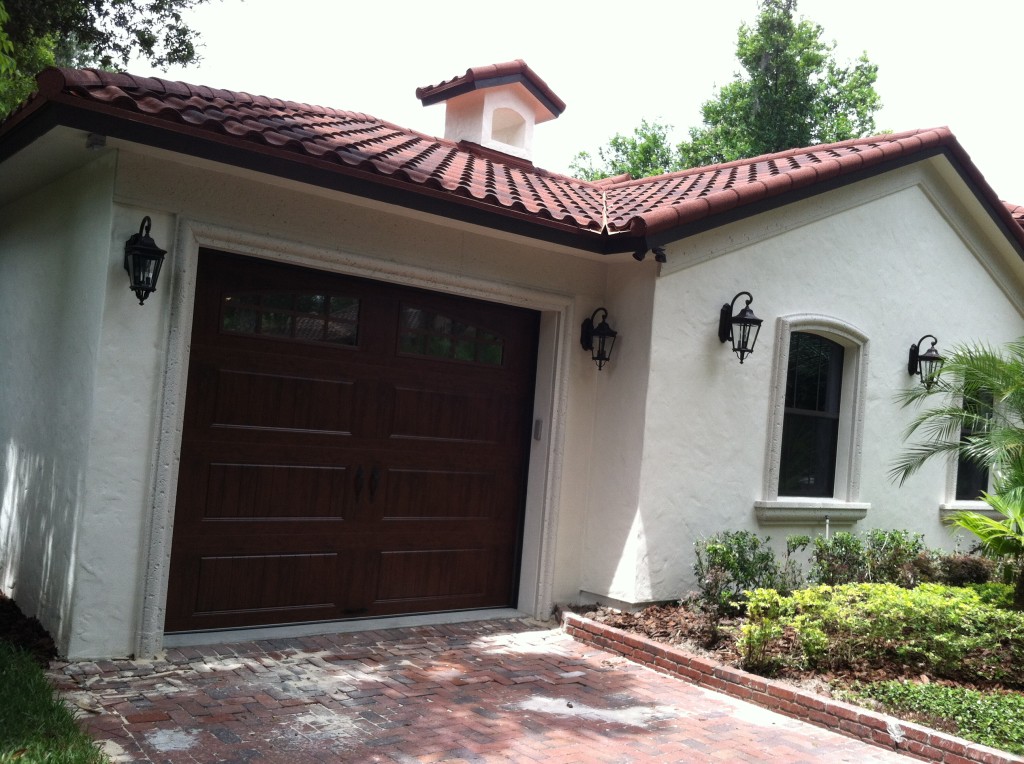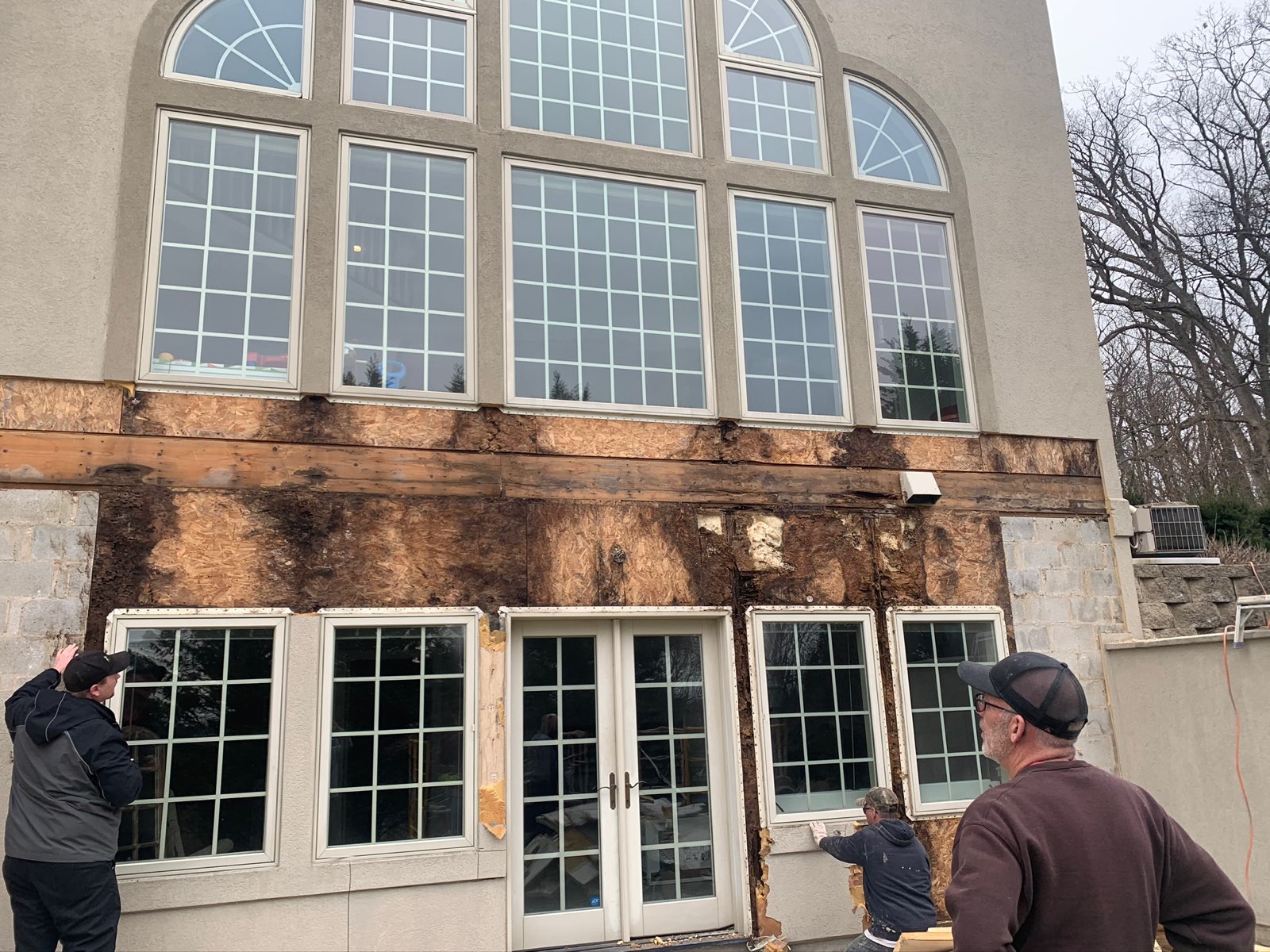Table of Content
The buyers were forced to litigate these claims and incurred expenses. In 1961, the buyers brought an action against the grantor for damages. We believe the district court's and Kirk's reliance on Freeto Construction Co. and Voth is misplaced. Both cases are distinguishable from the present case and, as a result, these cases do not provide helpful precedent in resolving the question on appeal.

Accordingly, the court found the statute of limitations began running “each time a breach of the obligation to repair the bonded roof occurred.” 46 N.Y.2d at 611. Wilder is factually more analogous to the present case than Freeto Construction Co. or Voth. Our Supreme Court in Wilder held that the buyers did not have a cause of action for breach of the warranty to defend title until the grantor had breached that particular warranty. The Hewitts could not have prosecuted an action for breach of the Repair or Replace Warranty until Kirk's had breached that particular warranty. This is in keeping with the general rule that “a party seeking damages for breach of warranty must prove the warranty, the breach thereof, and the loss that resulted from the breach.” (Emphasis added.) Sours v. Russell, 25 Kan.App.2d 620, Syl.
Services Provided
We begin to answer this question with a brief review of Kansas caselaw cited by the district court and Kirk's. The district court was persuaded by the precedent in Freeto Construction Co., 203 Kan. 741. In that case, Freeto Construction Co., purchased a truck crane from the manufacturer on May 7, 1959. More than 5 years later, on September 25, 1964, the crane failed when two large bolts used in its manufacture gave way. This failure caused “the load to shift and fall, extensively damaging the crane and the load which consisted of a section of an asphalt plant.” 203 Kan. at 742. We believe that constant communication with you, the client, is essential throughout the project beginning with the first exploratory meeting, and you can count on being fully informed every step of the way.

The district court agreed and granted summary judgment to the defendants. The Court of Appeals of New York concluded the statute of limitations started to run from the date on which the builder refused to make repairs and not the day the buyer knew or should have known of the defects. Bulova Watch v. Celotex Corp., 46 N.Y.2d 606, 415 N.Y.S.2d 817, 389 N.E.2d 130 .
Kirks Remodeling & Custom Homes Inc?
Rather, the Hewitts claimed a breach of warranty based on a different broken promise—to repair or replace the construction defects or pay the Hewitts' to repair or replace the defects. This difference is especially noteworthy in Voth where—although the contract for sale clearly provided for repair and replacement of the vehicle defect—Voth did not sue for damages due to Chrysler's failure to repair or replace the vehicle's plugged gasoline tank vent tube. On the contrary, Voth sued for damages arising from the breach of Chrysler's promise to provide him with a vehicle free of defects.
One question on appeal was whether the action was barred by the 5–year statute of limitations period for “action on a written contract.” 203 Kan. at 744–45. The contractual provision in controversy was an express warranty dating from the sale of the crane in 1959, although the contract terms were not detailed in the opinion. In support, the Hewitts cited Antigua Condominium v. Melba Investors, 307 Md. 700, 517 A.2d 75 . On a related matter, Kirk's briefly mentions that it also alleged in its summary judgment motion that, regardless of the statute of limitations issue, the brick work was performed by agents of the Hewitts and the defects, therefore, were not covered by the terms of the express warranty. As noted earlier, the Hewitts contested this allegation and asserted the brick work was performed by Kirk's subcontractors who were referenced in the express warranty.
Business Details
Accordingly, we reverse the district court's summary judgment in favor of Kirk's and remand for further proceedings. More than 5 years after Kirk's provided the Hewitts with the express warranty, but less than 5 years after the Hewitts gave Kirk's written notice of the construction defects, the Hewitts sued Kirk's for breach of contract. Kirk's filed a motion for summary judgment contending the Hewitts had commenced their lawsuit beyond the 5–year statute of limitations for breach of contract actions. The district court agreed with Kirk's and granted summary judgment. The parties agreed the December 12, 2003, express warranty was part of the construction contract.
We also find support for our conclusion in caselaw from foreign jurisdictions. In a case cited by the Hewitts, Feinour v. Ricker Co., 255 Ga.App. 651, 566 S.E.2d 396 , a buyer contracted to purchase a house from a builder. The builder “agreed to a one-year limited warranty on the house, obliging to repair or replace defects in construction.” 255 Ga.App.
Our one and only goal is to provide you with a beautiful home and high quality work that you’ve always dreamed of having. When the work is finished, we want you to be as proud of the result as we are. In order to ensure this, we only use materials and practices that have been proven time and again to give you the results that you deserve in your home. We listen to our customers to determine exactly what your wants and needs are.

The manufacturer provided a 12 month express warranty “ ‘against defects in material and workmanship in normal use․’ “ 218 Kan. at 647. The manufacturer also promised that “ny part of this vehicle found defective under the conditions of this warranty will be repaired or replaced.” 218 Kan. at 647. The Court of Appeals disagreed and found the prospective warranty doctrine not dispositive, noting that the supplier “did not merely guarantee the condition or performance of the goods, but agreed to perform a service—to repair the roof.” 46 N.Y.2d at 612.
An executory contract is a contract whose conditions or promises have not been fully performed; that is, one party or both have something yet to perform. Here, the contract seemed to be executed as to the Hewitts but partially executory as to Kirk's. Kirk's still had an obligation to perform under the written warranty.
The district court found the Hewitts' cause of action could have commenced on December 12, 2003, the effective date of the express warranty and the date it was delivered to the Hewitts. Under this interpretation, the Hewitts' lawsuit was impermissibly commenced beyond the 5–year statute of limitations. On the other hand, the Hewitts contend the earliest date their cause of action could have commenced was when the Repair or Replace Warranty was breached.
We can enforce standards of behavior, mediate disputes, and guarantee satisfaction. Building permit records show that Kirks Remodeling & Custom Homes Inc has worked on 39 permitted projects. BuildZoom hasn't received any reviews for Kirks Remodeling & Custom Homes Inc. Analyzing permits over the last 4 years shows that Kirks Remodeling & Custom Homes Inc mostly works on home addition projects. Read homeowners reviews before hiring the Custom Home Builder to help with your project in Kansas City.

No comments:
Post a Comment